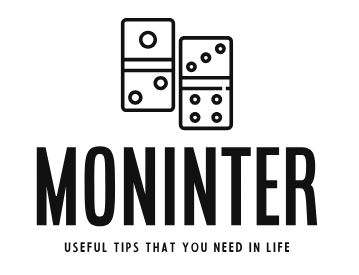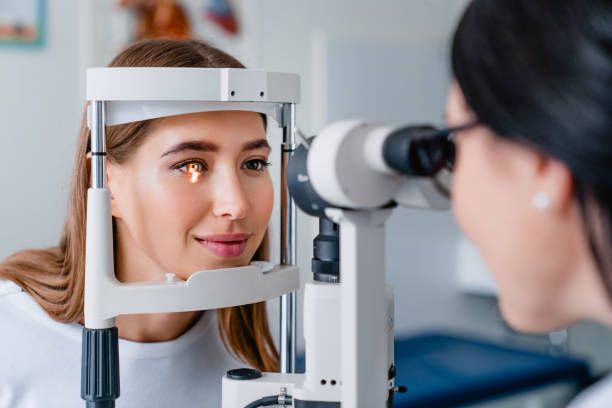Your eyesight is one of your most important senses because it lets you see what’s going on around you, keeps you safe, and keeps your mind sharp. By taking care of your eyes, especially as you get older, you’ll lower your risk of going blind or having trouble seeing. You’ll also be able to catch any eye diseases like cataracts, glaucoma, or diabetic retinopathy early on. The more likely you are to keep your eyes healthy, the sooner you find and treat an eye problem. Visit the best optometrist Melbourne for a consultation.
Check your eyes once a year.
Many people don’t get eye exams because they say they have “good vision.” But just because you can see well doesn’t mean your eyes are healthy. There may not be any signs of many eye diseases until they are well along. If you find out about an eye problem early on, it’s easier to treat and you have a better chance of getting better.
Update Your Lenses
It is recommended that you get a new pair of glasses every one to three years to keep your eyes healthy, your vision clear, and to make sure they fit right. Getting new frames is a fun way to try out new styles and trends, which can make your everyday look more interesting. If your old frames are still in good shape, keep them as a backup.
Pay attention to what you eat and drink.
You should eat dark green leafy vegetables and other colorful fruits and vegetables like broccoli, corn, peas, persimmons, tangerines, oranges, grapefruit, strawberries, papaya, green peppers, and tomatoes.
Dry eyes and eye strain can happen over time if you don’t drink enough water. This is especially true if you use digital screens a lot. If you drink a lot of water, it can help flush out any extra salt in your body and keep your eyes properly hydrated, which can ease eye strain.
Know the health history of your family.
A family health history is a record of your close relatives’ health information. A complete record includes information from children, brothers and sisters, parents, aunts and uncles, nieces and nephews, grandparents, and cousins.
Getting to know the health history of your family can help you figure out if you are likely to get eye disease or other eye conditions. If several people in your family wear glasses, make a note of it and tell your eye doctor. Even better, tell him or her what each person’s problem is, if possible.
Many eye diseases that are passed down from parent to child don’t show any signs until later in life and get worse without any warning. So, tell your eye doctor and the best optometrist Melbourne about your health.











